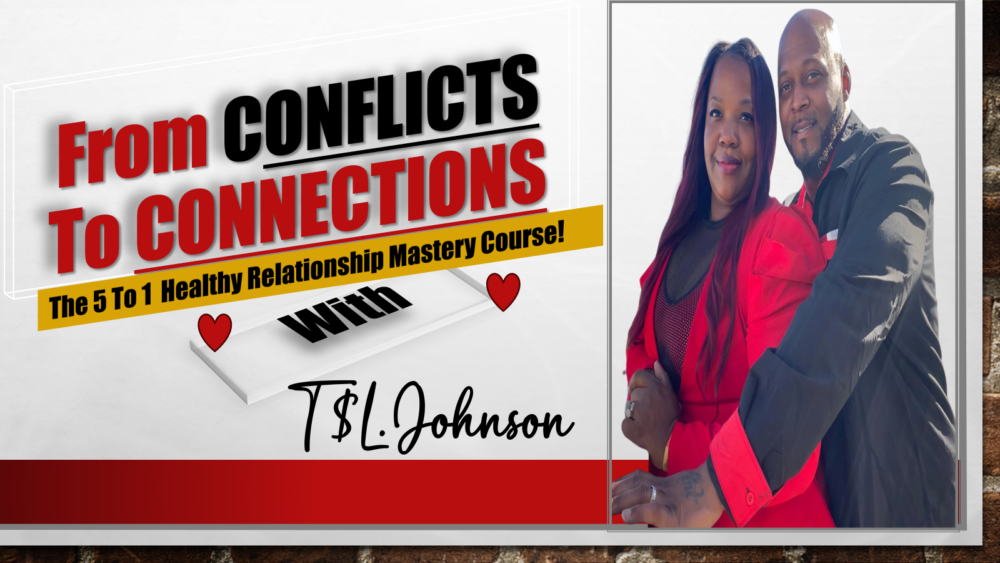Understanding the Power of Words
The Impact of Language
Let’s start by diving into the fundamental truth that words carry weight; this isn’t just poetic fluff. From my experience, the way we express ourselves can either build or break. I’ve seen how a simple compliment can light up someone’s day while a harsh critique can linger like a bad aftertaste. Understanding this impact has been crucial in nurturing personal and professional relationships throughout my life.
It’s fascinating to observe how different phrases can evoke powerful emotions. Take for instance the difference between saying “You did okay” versus “I appreciate the effort you put into this.” The latter not only encourages but also validates the person’s hard work. This simple choice in language can change the entire dynamic of a conversation.
I recall a moment where gentle words turned the tide of a heated discussion. By choosing to acknowledge the other person’s feelings first, rather than jumping into criticisms, I was able to transform what could have been a bitter argument into a constructive dialogue. This shows how our choice of words can shape experiences dramatically.
Creating Safe Spaces for Dialogue
Fostering an Open Environment
Creating safe spaces for conversation is essential. Personally, I’ve learned that to have fruitful discussions, it’s crucial to make the other person feel secure and valued. This means being present and listening actively. When people feel safe, they are more likely to open up about their feelings without fear of backlash.
One technique I often use is to start with open-ended questions. This invites the other person to share their thoughts freely, making them feel heard and important. I remember a tough conversation with a friend who was going through a rough patch; by simply asking, “How are you really feeling?” I encouraged her to share her story fully.
Moreover, validating feelings is key. Letting someone know that their emotions are real and significant can soften even the hardest of hearts. When someone expresses their feelings and you respond with “I understand where you’re coming from,” it supplies an emotional cushion, reinforcing trust in the relationship.
Choosing Compassionate Language
The Importance of Tone
Believe it or not, the tone we use can transform a message entirely. I’ve found that compassionate language, combined with empathy, can mend wounds that harsh words have caused. It’s not just about what we say but how we say it that matters. Over the years, I’ve honed in on striking the right tone, especially when discussing sensitive topics.
For instance, when giving constructive feedback, I’ve adopted a method called the “sandwich approach.” This involves starting with a positive remark, followed by the critique, and finishing on an encouraging note. This method not only softens the blow but also makes the recipient feel appreciated for their strengths while also acknowledging areas for improvement.
I once had a boss who excelled at this approach—her ability to layer feedback with kindness encouraged me to grow without fear. That experience taught me not simply the art of saying something but how to do it with heart. It reinforced that we can communicate hard truths without being brutal.
The Healing Power of Affirmation
Building a Culture of Affirmation
Affirmation is a game changer, folks! I’ve personally witnessed and experienced the benefits of wrapping people in words of affirmation. When we’re kind and supportive, it doesn’t just help others; it helps us too. It’s like creating a ripple effect of positivity around us.

My favorite examples of this occur in team settings. When I acknowledge the contributions of my coworkers by celebrating small victories—like finishing a project or providing a great idea—it boosts morale. I’ve noticed that the energy in the room shifts to one of collaboration and excitement when affirmation flows freely.
Moreover, using affirmations as a regular practice in our daily interactions helps create lasting impressions. I once decided to send a quick “thank you” note to a colleague who had helped me out. It sparked a wonderful rapport that turned into a strong professional friendship, showcasing just how powerful affirming words can be.
Practicing Mindful Communication
Being Present in Conversations
Mindful communication is something I continually strive for in my interactions. It’s about being in the moment and truly listening rather than just waiting to respond. I’ve discovered that when I practice mindfulness in conversations, I connect on a deeper level. This can be especially significant in emotionally charged discussions.
When I focus on what the other person is saying without letting my thoughts wander, I find it easier to respond thoughtfully and gently. One powerful way to achieve this is by maintaining eye contact and reflecting back what I’ve heard. It ensures that I’m not just hearing words but also absorbing the emotions behind them.
For example, there was a time when a friend was dealing with stress at work. I leaned in, put my phone away, and made it clear that I was there for her. By practicing this kind of focused listening, I was able to offer not just support but also mutual understanding that paved the way for healing.
FAQ
1. What does it mean to “mend wounds” with words?
Mending wounds with words refers to the process of using gentle, kind, and compassionate language to heal emotional pain and foster stronger connections.
2. How can I create a safe space for others during conversations?
Creating a safe space involves listening actively, validating feelings, and using open-ended questions to encourage others to share without fear of judgment.
3. What is the “sandwich approach” in giving feedback?
The sandwich approach involves starting with a positive comment, followed by constructive criticism, and ending on a positive note. This method helps in delivering feedback kindly.
4. How important is the tone of voice in communication?
The tone of voice is crucial as it can change the meaning of words. A compassionate tone reinforces kindness and empathy in communication.
5. What are affirmations, and how can they help?
Affirmations are positive statements that encourage and validate others. They help to build confidence, positivity, and stronger relationships among individuals.

Schedule Your First 20-Minute Coaching
Call With Us Today to see if we fit . You pick the price!
Click Here






